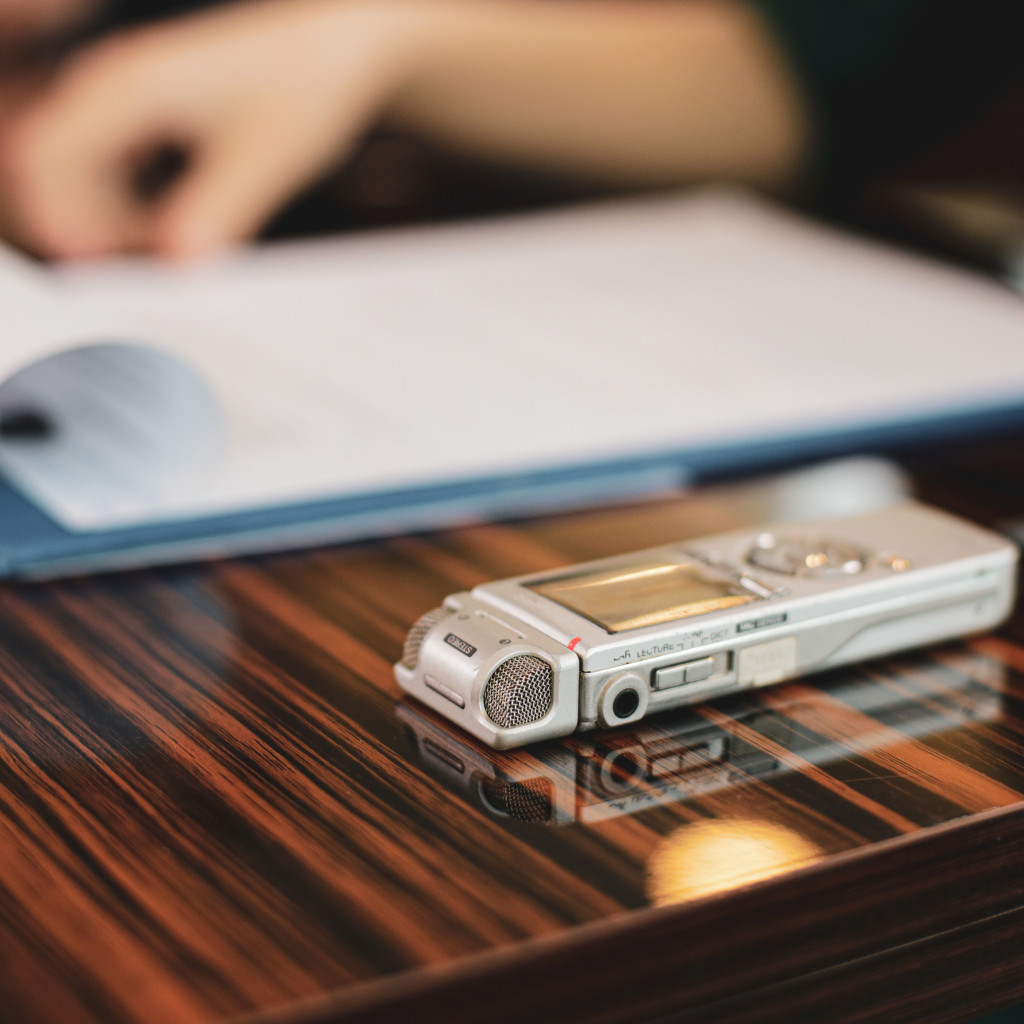In May 2025, the Family Justice Council released updated guidance regarding covert recordings. The guidance defines these as “any recordings made without the express knowledge and permission of the people being recorded whether by video or audio”. Whilst they can be an invaluable source of evidence in the Family Court, such recordings can also have harmful consequences. There has been much debate in the Courts as to what extent the recordings can and should be used, particularly in line with GDPR and data protection laws.
Purpose of the Guidance
Given the confusion on this and the increasing use of covert recordings by litigants, the guidance intends to assist in resolving the tension between privacy rights and a party producing recordings for their own and their children’s protection. The guidance outlines that covert recordings are generally not admissible in court proceedings unless they are permitted as hearsay evidence by the Court. In children proceedings, this means that recordings should not be listened to by Cafcass until the Court’s permission has been granted.
Factors the Court Will Consider
In deciding whether a recording should be admitted, the Court will consider:
- The details of the recording
- The method by which the recording was taken
- The reason it was taken
- The date and time it was recorded
- Whether it has been edited
The Court will review these factors whilst primarily considering the recording’s relevance to the main issues of the proceedings.
Establishing Relevance and Authenticity
The Court will need to be entirely satisfied that the recording is relevant and authentic. The guidance suggests that litigants should be aware of these factors which will be assessed by the Court and to firstly establish whether they have this information and how legitimate it is, before they request permission from the Court for the recording.
Recording of Professionals
Similarly, the guidance suggests a robust approach to cases where parents record professionals. Policies of professional agencies are to be addressed so it is clear when overt recordings are acceptable, which should then avoid the need for covert recordings.
Recording of Children
The guidance also states that it is always likely to be inappropriate to place any recording device on a child. Such recordings may instead be relevant to assessing the parenting offered by the person subjecting the child to the covert recording. Therefore, it is clear that litigants should be extremely mindful before they engage in creating covert recordings.
Conclusion and Legal Support
The guidance sheds light on the Court’s approach to covert recordings and sends a warning to litigants who intend to create these or produce previous videos during proceedings. It is important to equally be aware of GDPR and data protection laws and any allegations which may arise from this. Tozers has a specialist Children Team to assist individuals who may wish to issue proceedings, to ensure the right steps and processes are followed.






